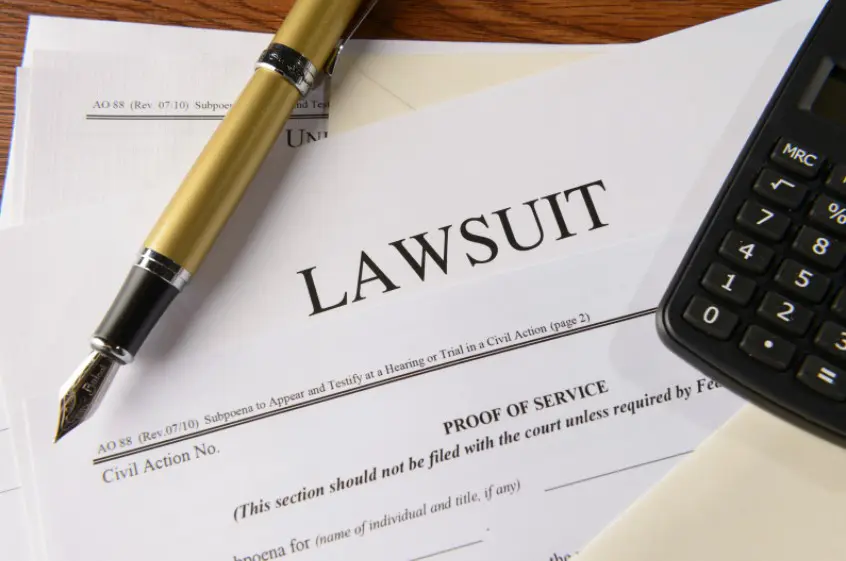What Is a Lawsuit?
Are you wondering what is a lawsuit? How do you actually start a lawsuit? What documents do you actually need? A lawsuit or litigation is a bit more complicated than it seems at first blush.

If you find yourself in a position where you need to sue someone to recover from a loss or to enforce your rights and obligations in a contract, you are probably better off getting a lawyer. I’ll do a quick overview here. There is no substitute for having someone who is educated in the law and has made it their job to properly file and pursue actions in court. Can you do it on your own? Sure. Should you? Probably not. The legal system is complicated. There are so many good reasons for this but just trust me for now and I’ll talk about some of the mistakes people can make when navigating the legal system in a later article.
So, how to file a lawsuit.
First, write a complaint directly from an official state government of Georgia website. The complaint should have the full name, address, and phone number of the plaintiff (this is you) and their attorney. The complete name and address of the defendant (this is the person you are filing suit against) and the damages you are seeking. Damages are how much money are you trying to recover or what actions are you trying to make or prevent the defendant from taking. Punitive damages or a monetary award specifically meant to punish the offending party is only authorized in certain cases that are considered especially egregious and are authorized by law. Accidents caused by drunk driving are an example of this.
Next, you need a brief statement explaining why the defendant is being sued, including the date(s) of the underlying incident(s). Finally, you need copies of all the relevant documents attached to the complaint. Such as contracts, receipts, and cancelled checks. Don’t give them the originals. Keep those for later use.
Once you have your complaint written up its time to go to the clerk of the court’s office to file the complaint. There you fill out some paperwork and pay the filing fee. Depending on the county you can hire a process server, and if not, the clerk of the court can usually tell you where to go next. After the defendant in your lawsuit has been served they have 30 days to answer and file any counter-claims against you in the process. After their answer is filed you start the discovery process and get on a trial calendar. The ability to sue someone in a court of law is an important right in our society, but the truth of the matter is that litigation is a long and time-consuming process. There are filing deadlines, rules of discovery, rules of evidence, and court procedural rules.
If you are trying to recover money there are plenty of lawyers who will take the case on contingency, which means they only get paid if you do. If you are trying to enforce your rights in a contract but can’t afford a lawyer look into Legal Aid or see if there is an attorney who can take the case pro-bono (for free), or ask if you can work out a reduced cost. There are many options out there.
Please make sure you consult with an injury and accident attorney before taking legal action and if you’ve been in a car wreck and want to make sure you get a fair deal from an insurance company, Call the CEO Lawyer Personal Injury Law Firm at (833) 254-2923.